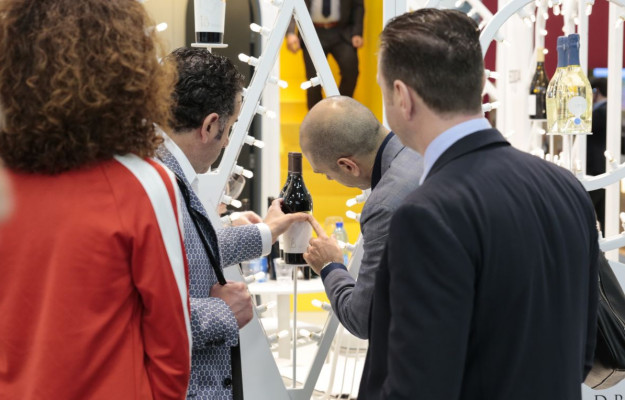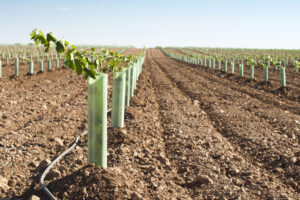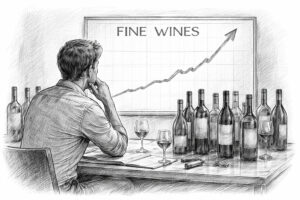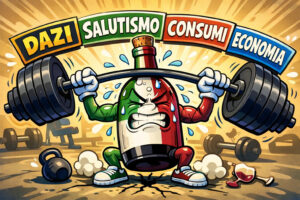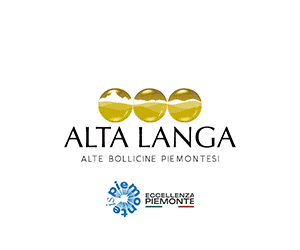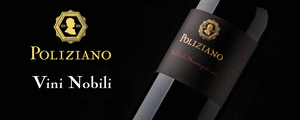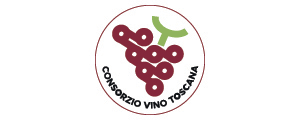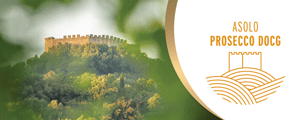Under the spotlights at “Vinitaly 2023”, the theme of “wine and health” could not be missed, which exploded following the Irish proposal to include “health warnings” on the labels of all spirits, which is currently on “stand-by”, but has been endorsed by the EU Commission. And, while the Italian wine supply chain and institutions have been outspoken in recent months, the concept has been forcefully reaffirmed at various times, by supply chain representatives and government officials, in Verona to protect one of its products of excellence and its reputation. “Any excess is harmful, even drinking 10 liters of water a day is bad just like 2 liters of wine”: with this evidence, which seems to be known only to countries traditionally producing and consuming wine, made his debut Antonio Tajani, vice president of the Council of Ministers and Minister of Foreign Affairs and International Cooperation, adding, interviewed by WineNews, that “those who do not understand this in Europe will change their minds”.
“Throughout my political career, underlined Tajani, I’ve always defended Italian agriculture and, by extension, wine. Anyone who claims that it tout court harmful is motivated by a different cultural model than ours, as well as economic interests that conflict with ours. We fought against nutriscore, which benefits some products over others by violating the rule of free competition in Europe, and now we are witnessing an offensive on the entire Mediterranean diet, which represents our lifestyle and attracts millions of tourists in Italy along with our history and the beauty of our country”. And as Foreign Minister who is also responsible for international trade, Tajani recalled the need to fight the Italian sound “to regain the market space that belongs to us”. “As for the export of wine, which is still growing - he continued - we must not be satisfied and we must make the quality growth in order to occupy spaces of high-level taste and cuisine”. A strategic area, that of catering, on which to focus in order to bring our culture of food and wine to the world. “With the Federazione Italian Cuochi announced the Minister - we will intensify the initiatives for the Week of Italian Cuisine with the aim of increasing food and wine tourism which also needs to be improved in the fruition of the Wine Roads and better communicated. And we intend to base Rome’s candidacy for Expo 2030 on the strong relationship between gastronomy and wine”.
Pierfrancesco Nocini, doctor and rector of the University of Verona, spoke on the scientific reasons that demonstrate the benefits of moderate wine consumption, backed up by two University specialist doctors and dietician Giorgio Calabrese. Scientific evidence shows that the Mediterranean Diet, unlike other popular diets in other countries, particularly in Northern Europe, reduces the occurrences of cancer. Endopathies are also favored by binge drinking, or drinking to get drunk, which is very common in the same countries, particularly on weekends. A habit that could be combated precisely by adopting our cultural approach to wine, which is consumed with meals and in moderation”.
To reiterate that “a glass of red wine, integrated into a Mediterranean diet model, is good for health”, was also the conference signed by Coldiretti and Filiera Italia with the participation of the Ministers of Health Orazio Schillaci, of Agriculture Francesco Lollobrigida, and Foreign Affairs Antonio Tajani, together with the president of Coldiretti Ettore Prandini, the general secretary of Coldiretti Vincenzo Gesmundo, and the managing director of Filiera Italia, Luigi Scordamaglia. “An opportunity to respond - explain Coldiretti and Filiera Italia - to the attacks on made in Italy at the table, from wine to synthetic meat, based on scientific data”. As a result, Meloni government representatives have requested that the battle be moved to the medical field and entrusted to science, as Gesmundo stated at the start of the conference. According to Schillaci, the EU Commission’s anti-wine campaign has no scientific basis. The abuse, and especially the consumption of spirits, must be opposed. The requirement on wine labels in Ireland to state that it is harmful to one’s health explains why alcoholism is a national health problem in that country. The Minister of Health reiterated the importance of a correct and balanced diet which is identified in the Mediterranean Diet. “We only recognize the history and undisputed prestige of our wineries, not alarmist claims to the detriment of culture and the entire sector - said Scordamaglia - because we are talking about a symbolic sector that represents over half of the economic value of the product chain denomination of origin, and this alone justifies the need and our primary cultural challenge to make people understand, starting with the institutions, that this sector must continue to grow by promoting responsible consumption and protecting territorial distinctiveness”.
“Psychological terrorism should not be committed against wine, as in the case of Ireland”, says Luca Rigotti, wine coordinator of Alleanza Cooperative Agroalimentari, in his speech at the round table “Vino makes the system”. “On the labeling of calories and ingredients, as well as the placement of warning messages, we reiterate the need for a conscious and educational approach for wine products, which is never alarmist”, underlines Rigotti. Not only that: “while the nutritional indications and the list of ingredients can have, if set up correctly, a meaning of transparency and support for informed choices by consumers, this cannot in any way happen through the imposition, as in the case of Ireland, of intimidating messages to be transmitted to the consumer which do not take any account of the difference between consumption and abuse”, he observes. “We recall, in fact, that the wine sector’s agreement with the European Commission - say the Cooperatives - provides for the indication of calories only on the label, while the indication of other nutritional values and the list of ingredients may occur off-label.” And on the subject of “warning labels”, the wine coordinator of Alleanza Cooperative Agroalimentari has clear ideas: “they are counterproductive in terms of consumer education, and appear as a sort of “disclaimer” by those who impose them, preferring this approach to the more difficult one of teaching and educating on the proper and conscious consumption of wine”. In short: “initiatives such as the Irish one jeopardize the unity of the common organization of the market, as well as the image of a product with a millenary tradition, a symbol of the Mediterranean diet and good living”, he concludes.
Also taking sides against the Irish proposal is Federvini, led by Micaela Pallini, who to overcome the issue, proposes, among other things, that “the Italian government should engage in dialogue and collaboration with partner countries such as the United States and Japan, which have demonstrated in recent months that they support the Italian position at the WTO level; that international cooperation actions and initiatives are put in place aimed at promoting, at European level, the adoption of the Mediterranean Diet: one of the best arguments in favor of the harmlessness of the moderate and responsible consumption of alcoholic beverages is represented precisely by the longevity of our population and, more generally, by the good health of the populations who have adopted this diet, and furthermore, that an Interministerial Committee be set up between the Dicasteries of Foreign Affairs, Food Sovereignty, Business and Health to define the Italian position on the issue in a coordinated manner in all international forums, avoiding absences or lack of coherence in the messages and actions of the various government authorities”.
All to protect an identity product that generates widespread wealth in the territories, valued at 14 billion euros by Coldiretti, and employs 1.5 million people in production, sales, and related industries. “Wine represents a heritage of Made in Italy also from an employment point of view which must be defended against attempts to blame it on the basis of an ideological approach which does not take into account a millenary history which has contributed not only to making our agri-food sector great but fits fully into the Mediterranean diet which in recent years has seen Italians excel in longevity at a European and world level” declared the president of Coldiretti Ettore Prandini, reiterating “the need to protect made in Italy agri-food and particularly strong wine of 10,000 years of history and unique heritage of native vines in the world. With 14 billion in turnover and 8 billion in exports, this is a key sector of the national system. And, starting with distinctiveness, we must restart the internationalization policy and increase exports, according to Prandini”.
Copyright © 2000/2026
Contatti: info@winenews.it
Seguici anche su Twitter: @WineNewsIt
Seguici anche su Facebook: @winenewsit
Questo articolo è tratto dall'archivio di WineNews - Tutti i diritti riservati - Copyright © 2000/2026










